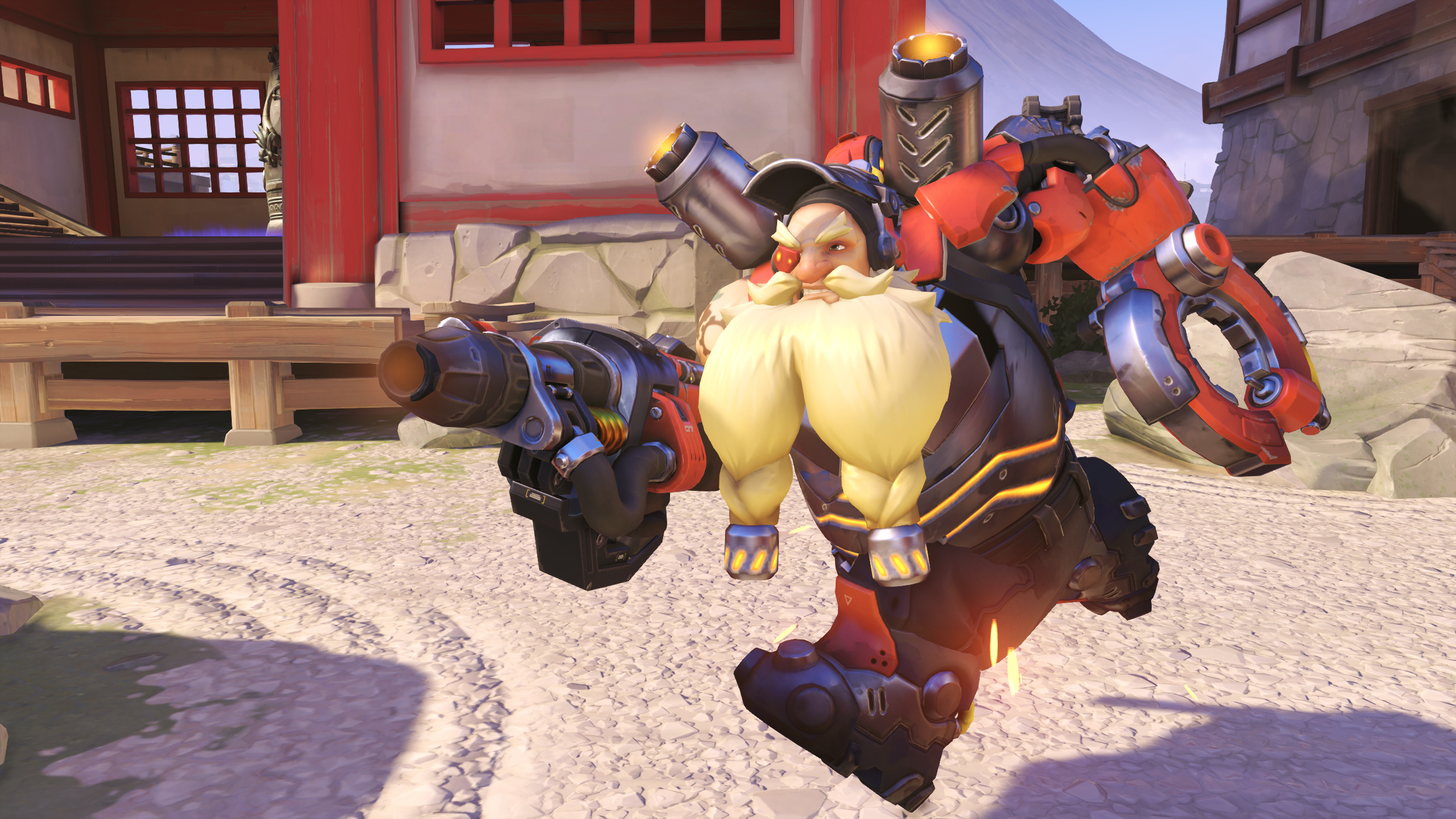Overwatch boss Jeff Kaplan didn't expect 'maining' to be so common
Kaplan said he 'naively' thought that players would switch heroes situationally.

An Overwatch "main" is a character that you play primarily or exclusively, regardless of mode or circumstance. If your team desperately needs a Genji, for instance, but you insist on taking a Moira anyway, then you're probably a Moira main. It's not necessarily the best way to play, because it limits your flexibility and thus your situational usefulness, but it's common.
It's not just Overwatch; I was a die-hard Sniper main in the original Team Fortress days, although I don't recall using that particular term for it. (Need a Medic? I'm a Sniper. Short a Demo Man? Sniper here. Heavy Weapons Guy? Uhh, Sniper.) So it's obviously not a new phenomenon, but even so, its prevalence in Overwatch, a game that lets you switch characters on the fly, caught director Jeff Kaplan by surprise. In a recent discussion on the Overwatch forums, he said he expected that players would switch heroes more frequently, and "naively" didn't think that maining and one-tricking would become so dominant.
"We imagined a world where players would be ok with Torbjorn on defense but not playing him on attack. The maining/one-trick mindset led to us having to rework those characters to fit with how the game eventually evolved to be played," Kaplan wrote. "I guess what I am saying is we hoped to be able to create more highly situational characters with the thought that players would switch in situations where those characters weren’t as viable."
Fortunately, it all worked out in the end: "We like the direction things evolved and in hindsight, it seems obvious that they would evolve that way. It’s not that one direction is good or bad… they’re just different directions and we adapted to what the playerbase was doing, rather than fighting against their instincts."
The comment arose from a remark about Blizzard's experiments with a more structured game mode with one tank, one healer, and the rest DPS ("It was not fun and we didn't enjoy it") and led into quite a bit of interesting, if jargon-heavy, conversation about the good, the bad, and the inevitability of mains. There's also a fair bit of criticism of his self-professed "naivete," while others state that Blizzard could have more aggressively pursued that vision by enforcing penalties for players who one-trick or put their teams at a disadvantage with their hero picks.
What I find most interesting, though, is that Kaplan and co. expected a different outcome in the first place. For a lot of players, that's the way it's always been, and without a system in place to force players to do what you want them do, odds are they won't.
Thanks, Unikrn.
The biggest gaming news, reviews and hardware deals
Keep up to date with the most important stories and the best deals, as picked by the PC Gamer team.

Andy has been gaming on PCs from the very beginning, starting as a youngster with text adventures and primitive action games on a cassette-based TRS80. From there he graduated to the glory days of Sierra Online adventures and Microprose sims, ran a local BBS, learned how to build PCs, and developed a longstanding love of RPGs, immersive sims, and shooters. He began writing videogame news in 2007 for The Escapist and somehow managed to avoid getting fired until 2014, when he joined the storied ranks of PC Gamer. He covers all aspects of the industry, from new game announcements and patch notes to legal disputes, Twitch beefs, esports, and Henry Cavill. Lots of Henry Cavill.

